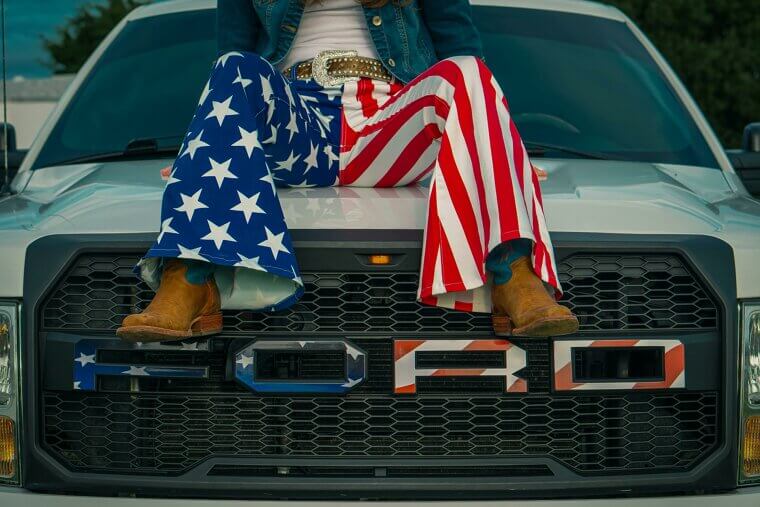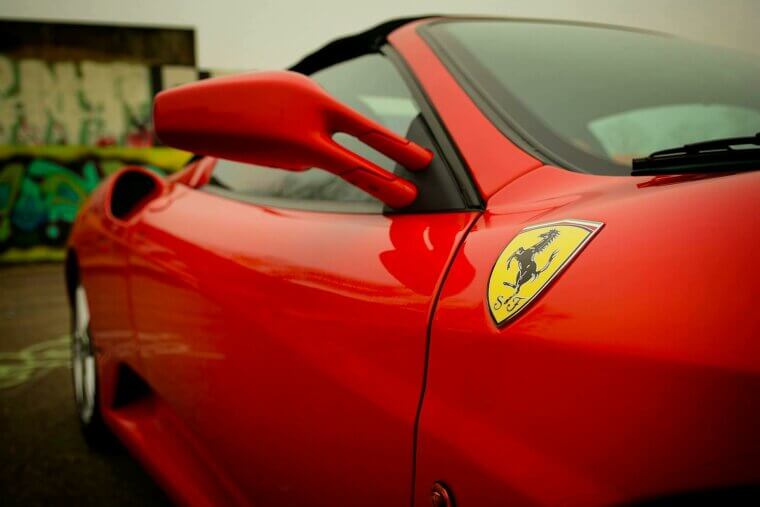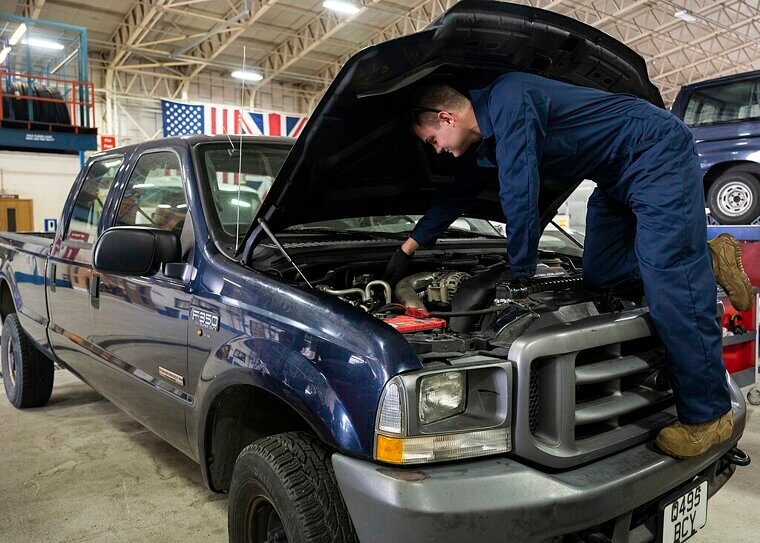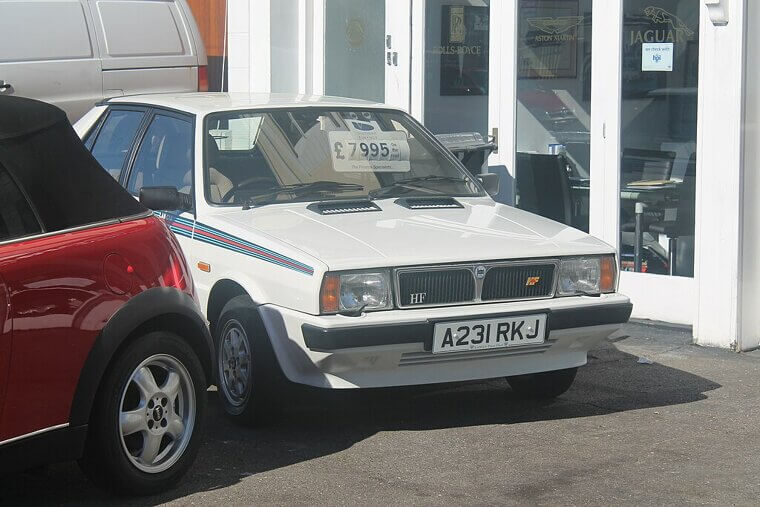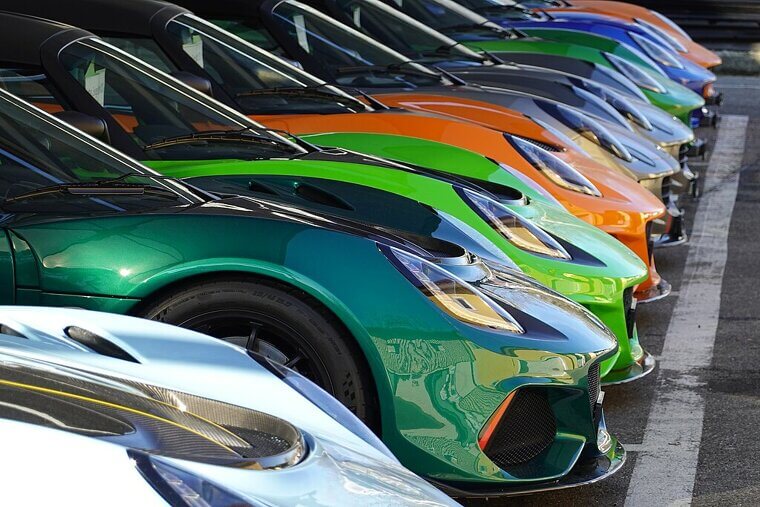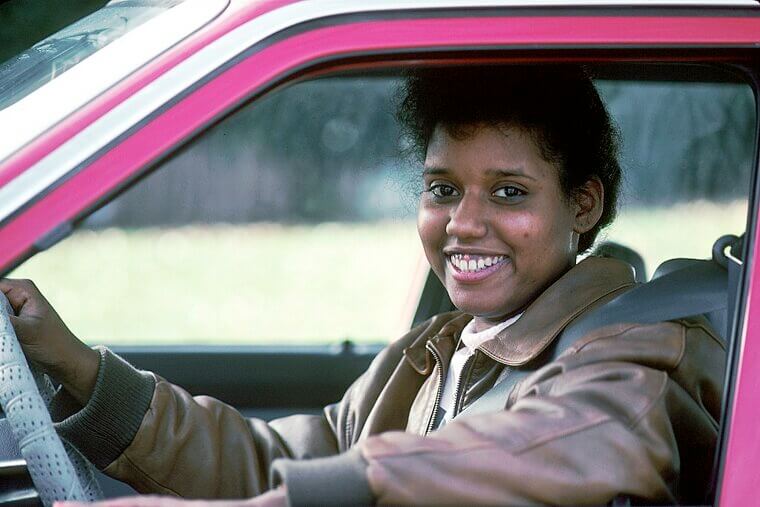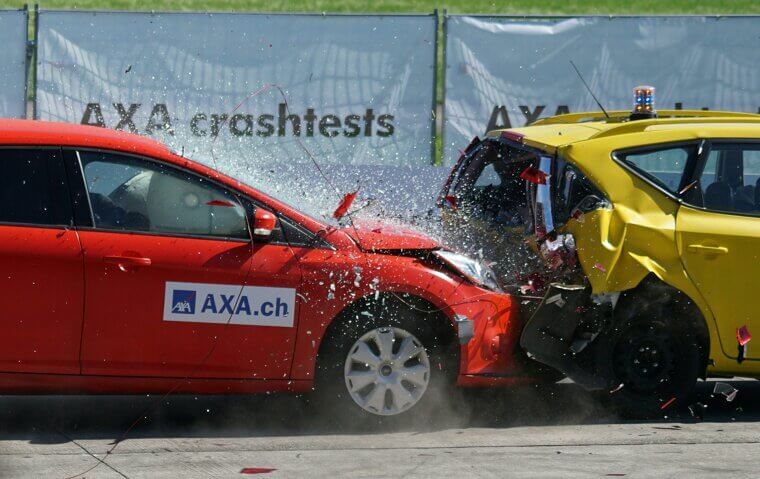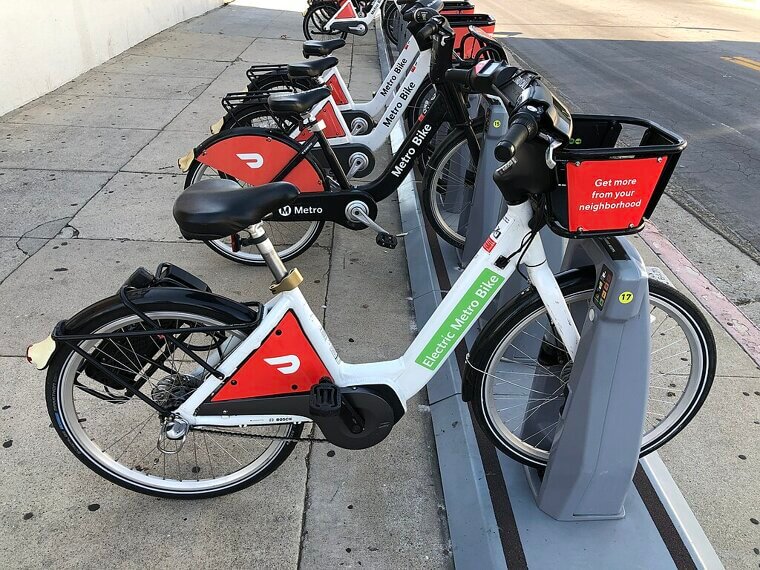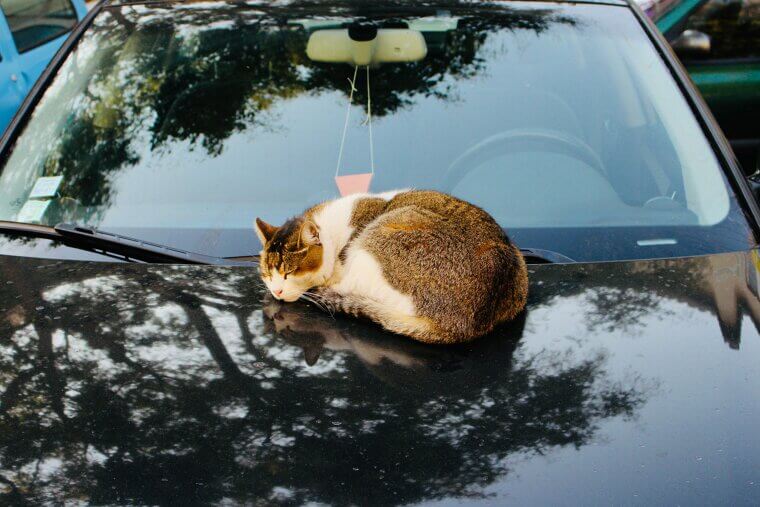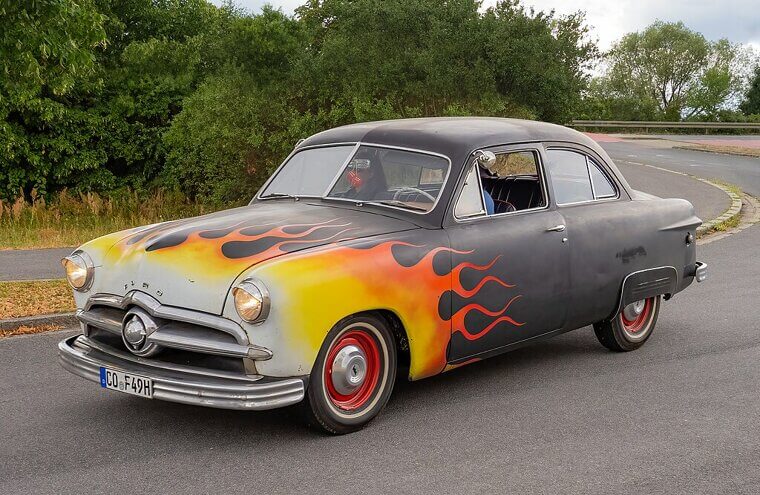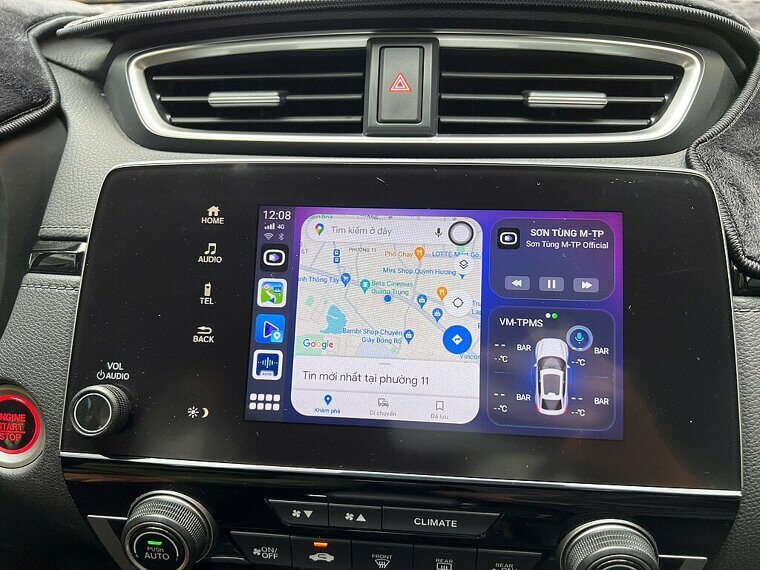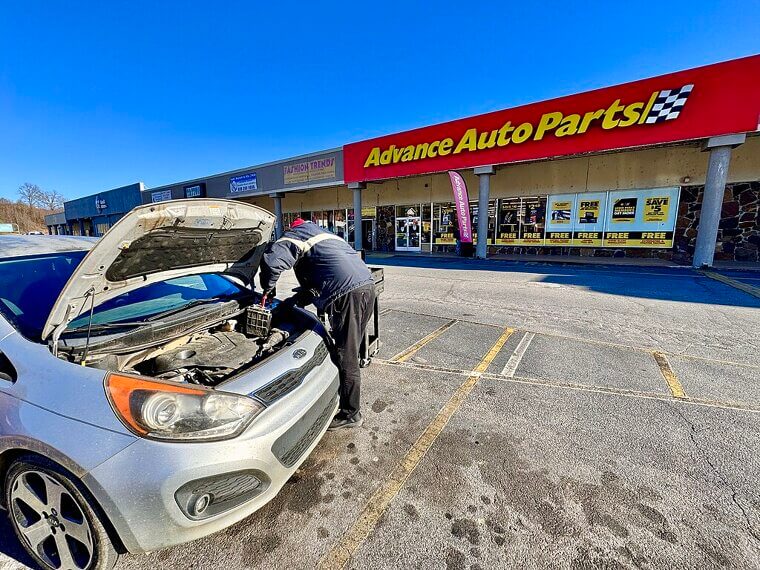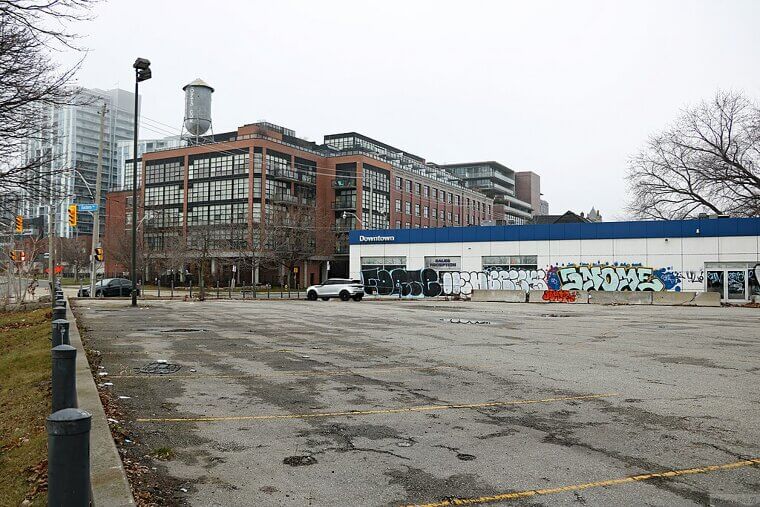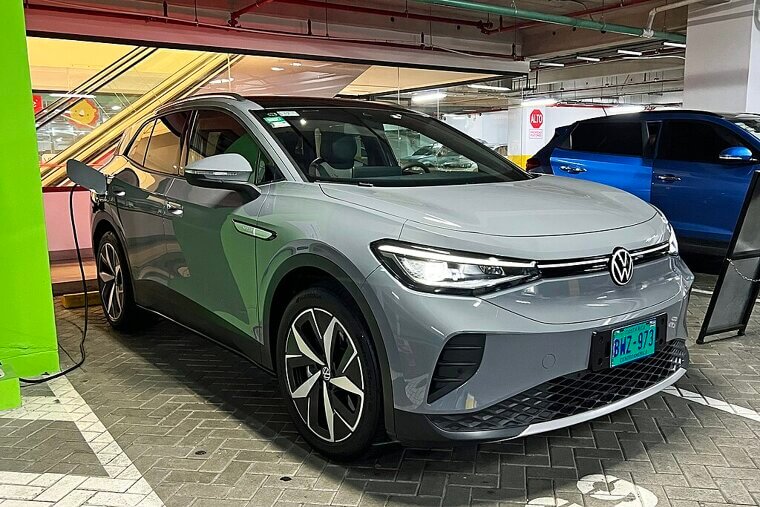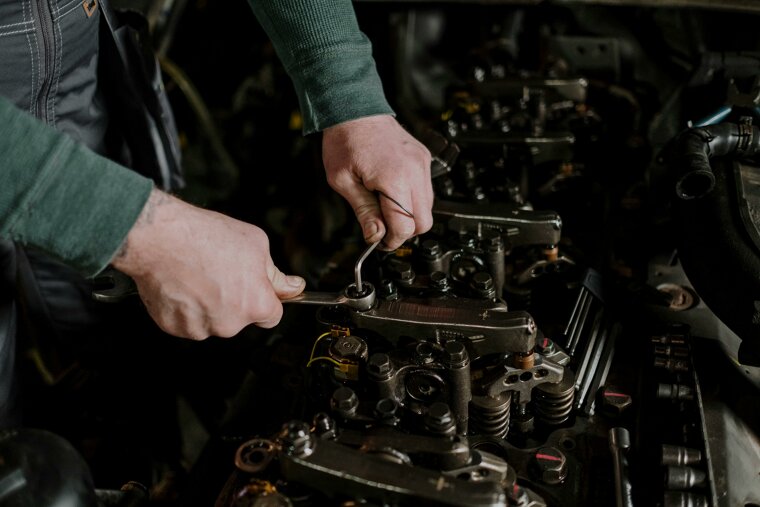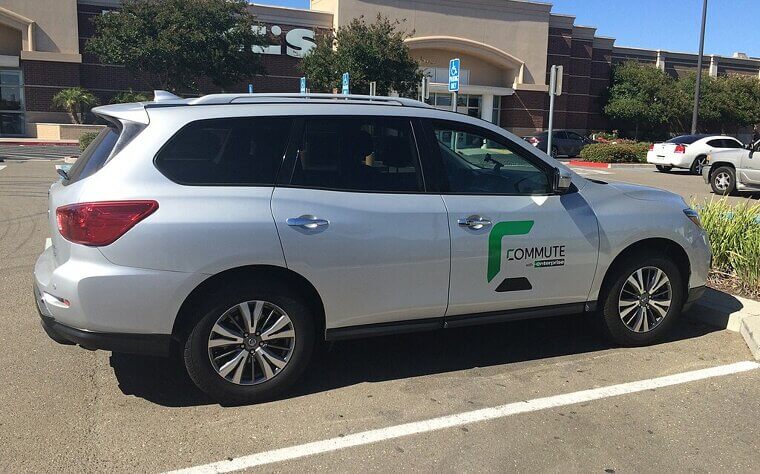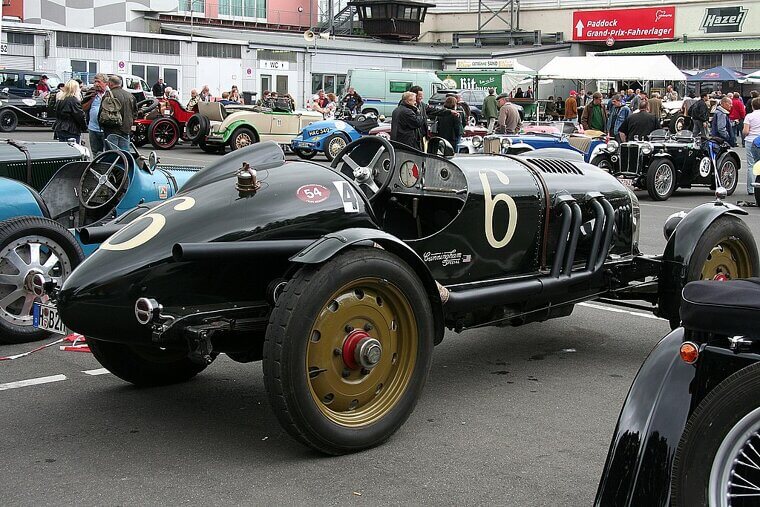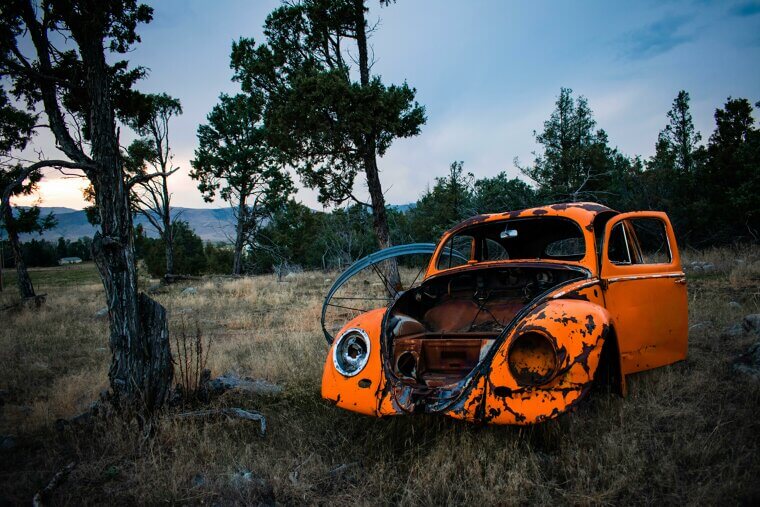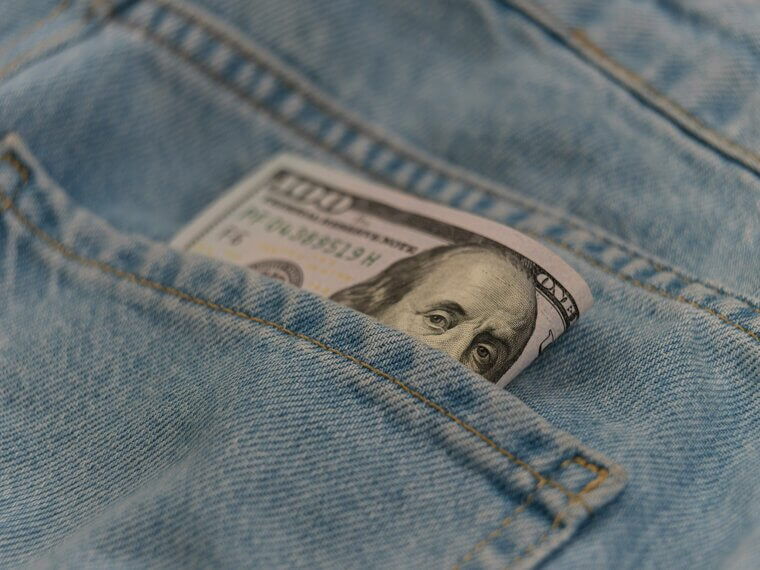Pride in Longevity
When you’ve got a functioning car with 300,000 miles on the clock and well past its life expectancy, you’re allowed to let pride creep in. It’s an achievement, and one a driver wears like a badge of honor.
Soaring New Car Prices
What with the rising cost of living, prices of everything have skyrocketed - unsurprisingly, that includes vehicles, too. Supply chain challenges, inflation and even tech upgrades bloat their price tags further, so maintaining your old car is just more economical in the long run.
Better Vehicle Reliability
Modern cars generally have a lot of advantages over older ones. There’s better technology, improvements in materials and manufacturing, rust-proofing and even on-board diagnostics that help vehicles last longer than ever if they’re well maintained.
Lower Depreciation on Older Cars
Another reason to hold on to older cars is because it’s a numbers game: the longer you keep a vehicle, the less the value drops. Soon, that curve flattens and you might even be looking at a selling profit, so it’s just more economical to hold on.
High Used Car Prices
Remember how we said that new car prices have shot up? Well, it’s not just new ones - the cost of used cars is at an all-time high, too! A trip to the car lot is enough to send many car shoppers running (or driving) and screaming in the opposite direction.
Familiarity & Comfort
When you get a new car, you have to learn a bunch of different things - its quirks, its handling, how it feels… you don’t get that with your old car. You know exactly what makes it tick, and sliding into the driver’s seat is like slipping on a comfortable glove.
Cost of Insurance on Newer Cars
Older vehicles usually come with lower insurance premiums, but that’s not so for newer cars - they can be a real budget-destroyer, especially if you don’t factor that into your finances! Expensive tech and theft risk can push it even further until it’s out of control.
Avoiding Car Payments
If you’ve ever paid for a car with monthly installments, you know how expensive it can be - especially with climbing interest rates. However, when you do manage to pay it off, it’s all yours and the pressure on your bank balance releases; drivers often don’t want to return to the squeeze.
Alternative Transportation Options Expanding
Think about it: there’s a lot of transport options available these days. E-bikes, scooters, improved public transit infrastructure, rideshares… Some people aren’t using their cars as often because it’s no longer a necessity. And why pay over the odds for a new one you only use every now and then?
Sentimental Value
Love and nostalgia go together like strawberries and cream, so holding on to a vehicle isn’t that strange. Many drivers associate them with intimate moments or special occasions - a first car, a first love, a family heirloom - and suddenly that ride is worth more than its price tag.
Customization & Upgrades
Spending so much time and effort - not to mention money - personalizing your ride with new off-road kits, audio systems, paint jobs and decals means you’re already deeply invested. It’s half sunk cost fallacy and half fondness; you’re much less likely to want to part with a vehicle you’re invested in.
Modern Cars Feel Overcomplicated
Many drivers stick with their current car because new models are tech-heavy, with touchscreens, sensors, and voice commands that can feel overwhelming or distracting. Some folks just miss the simplicity of analog controls and familiar buttons! They’re often less expensive to fix too, by the way.
Access to Affordable Aftermarket Parts
Older cars benefit from a huge market of cheaper, widely available parts - especially for DIY fixes. Whether it's a brake pad, a new headlight, or a side mirror, parts for older models are often easier (and cheaper!) to get than for newer tech-heavy rides.
Limited Inventory at Dealerships
With more people holding on to their cars, there’s also less used models appearing in trading lots. Some of those places are becoming a wasteland, and if they don’t have the right ride, people are more interested in waiting it out than settling for what’s available.
EV Uncertainty
The recent gear shift towards electric vehicles - and the improvement of EV technology - still hasn’t convinced everyone that they’re worth investing in right now. Battery lifespan (and questionable ecological benefits over their manufacture), range and charging infrastructure are all still works in progress, so some drivers are sticking to gas.
DIY Culture Is Booming
In the past, people wanted new cars because their old ones felt beyond repair. Now though, thanks to YouTube tutorials, more accessible parts and larger online DIY communities, it’s easier than ever to fix your vehicle and maintain it yourself, extending its lifespan and cutting down on new car purchases.
Less Wear
Recent cultural and technological changes have made remote work far more common than it was in the past; that means less people are commuting to work and their vehicles aren’t doing as much mileage. Older vehicles are keeping their longevity, so there's less reason to buy new ones!
Registration and Emissions Incentives
There are some regions that actively encourage drivers to keep older- well-maintained vehicles or vintage cars by offering benefits and incentives. These might be in the form of lower registration fees or emission examples, for example.
Planned Obsolescence
Although most new cars last longer than older ones, some drivers feel like they’re built to break. There’s valid concerns with planned obsolescence (vehicles designed to run out after a certain time period has passed isn’t beyond exploitation) but for the most part it’s more fear than fact.
Personal Finance Priorities
When living expenses are at an all-time high, everything soaks up money - housing, groceries, utilities - so people are understandably filling up their cupboards rather than their garages.

